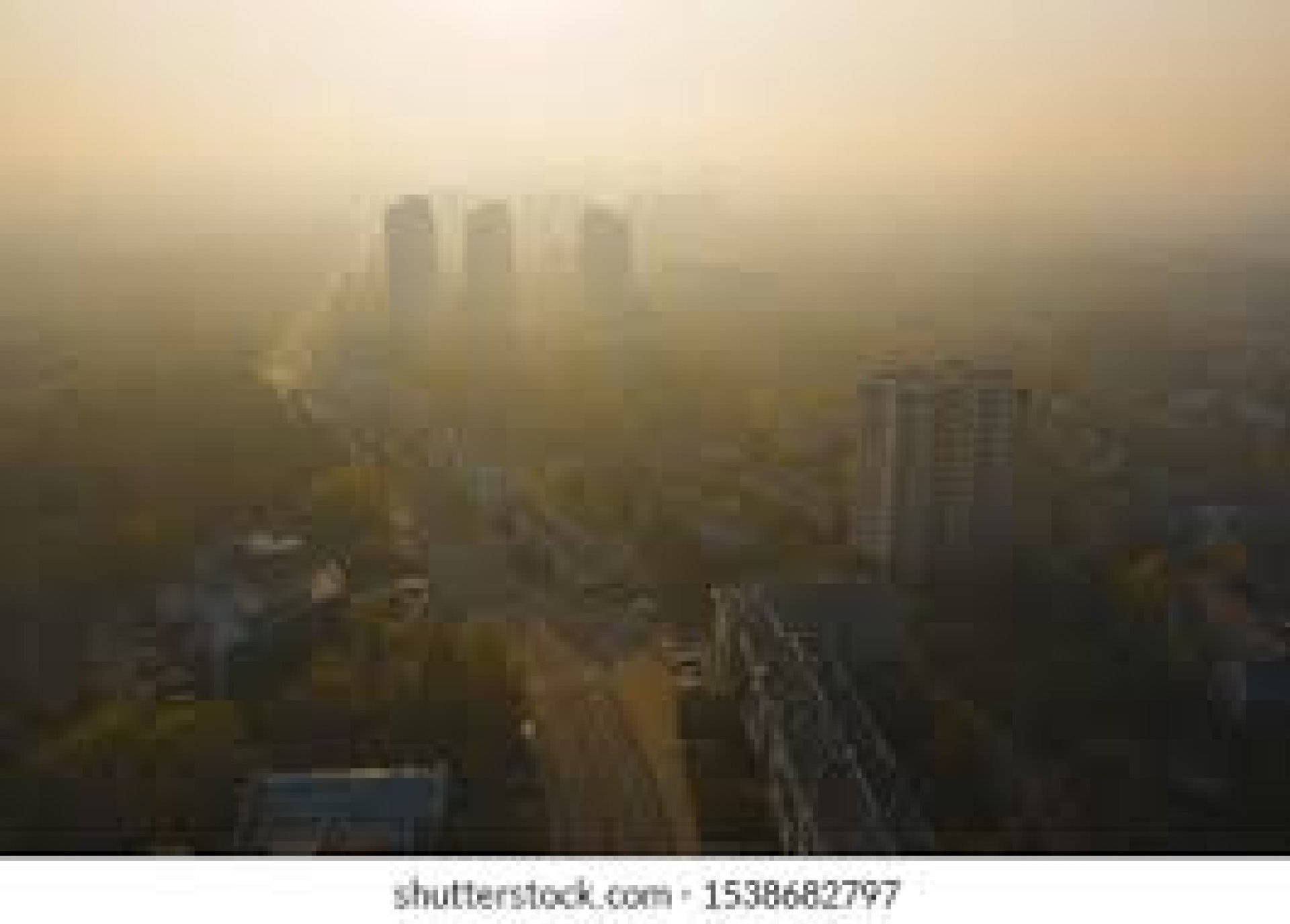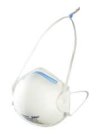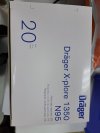N95 Dust Masks: Essential Protection for Health

In an era where air pollution and PM2.5 dust particles have become significant health concerns, N95 dust masks are recognized as one of the most effective tools for protecting the respiratory system from harmful particles and pollutants.
What is an N95 Mask?
N95 dust masks are air-filtering respirators certified by the U.S. National Institute for Occupational Safety and Health (NIOSH). The "95" in the name indicates the mask's ability to filter out 95% of airborne particles as small as 0.3 microns, including harmful PM2.5 particles.
Features of N95 Masks
1. High Filtration Efficiency
N95 masks effectively filter fine particles, such as dust, pollen, and toxic fumes.
2. Snug Fit Design
Designed to fit tightly against the face, N95 masks minimize air leakage that bypasses the filter.
3. Versatile Use
Suitable for daily pollution protection and for use in healthcare settings with infectious risks.
Precautions for Use
- N95 masks are not suitable for small children or individuals with respiratory issues, as they may make breathing more difficult.
- Ensure the mask fits the face properly to maximize protection.
- Disposable masks should be replaced immediately if damaged or contaminated.
When purchasing an N95 mask, check for certified standards and choose high-quality products from reputable manufacturers. For reusable masks, clean and store them in a dry, clean place.
Conclusion
N95 dust masks play a vital role in protecting health against air pollution, especially in areas with fine particle pollution. Proper and appropriate use can reduce the risk of respiratory diseases and promote long-term well-being.
Investing in an N95 mask not only safeguards your health but also reflects care for the quality of life of those around you.



